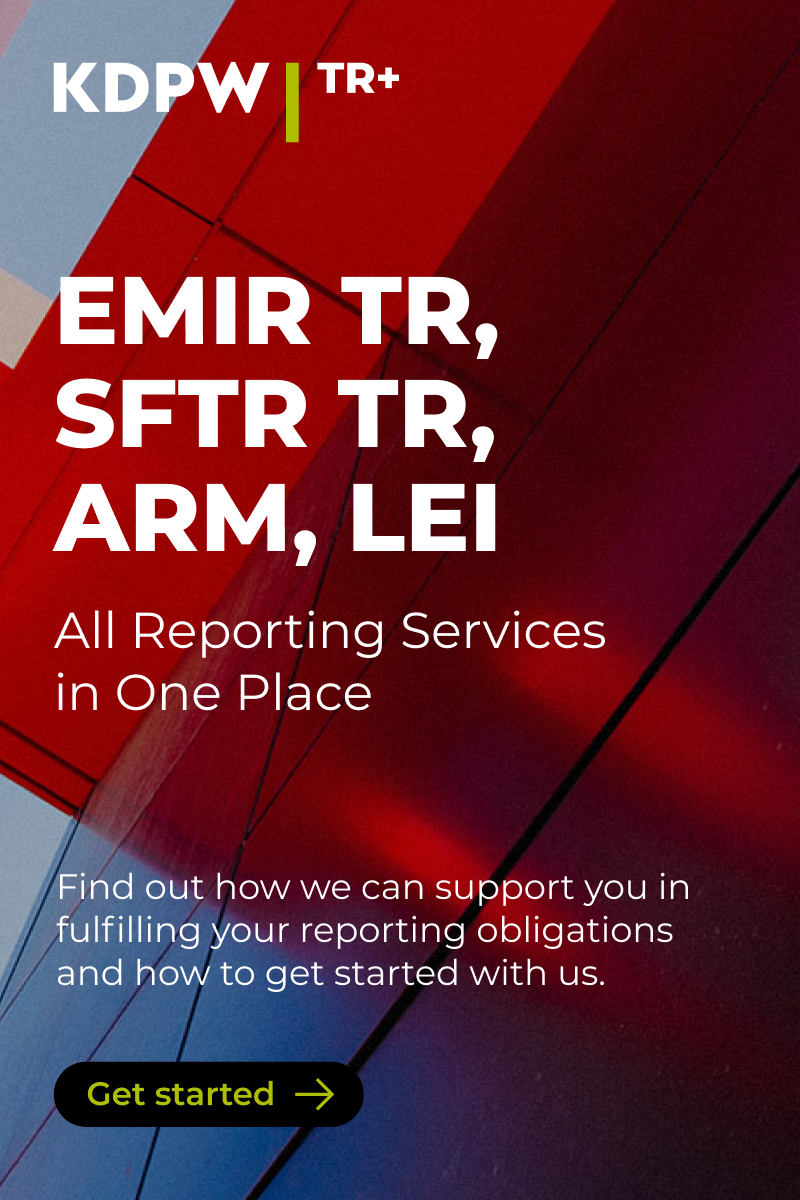The European Association of CCP Clearing Houses (EACH) has responded to the European Securities and Markets Authority (ESMA) first report for the consultation “Technical standards on reporting, data quality, data access and registration of Trade Repositories under European Market Infrastructure Regulation (EMIR) REFIT”.
In some of the highlights from its response, EACH addressed risk and reporting and explained that its members believe the foundation of the proposed amendments to EMIR should concentrate on risk and reporting and should only include the data essential for regulators to monitor systemic risk.
New obligations and fields which are not essential to risk oversight place a disproportionate burden on reporting firms, EACH stipulated.
Similarly, the reconciliation process needs to limit, and not increase, its scope to focus industry efforts on the reports and fields that matter most to regulators’ priorities for risk oversight, EACH affirmed.
For new obligations, it was explained that EACH members find that mandatory notifications and break resolution proposed for reporting firms need to be proportionate and based on a risk-based approach to be effective.
EACH stressed that it is important for ESMA to understand that the root causes of current EMIR matching challenges relate more to inconsistent reporting policies and interpretation rather than unintended “errors” and poor data quality.
“We have made suggestions on the reconciliation and break management process to facilitate addressing reporting differences that arise,” EACH said.
Meanwhile, for new fields and data standards, EACH members have advocated their views on unique transaction identifier, unique product identifier, legal entity identifier and ISO proposed standards and have commented on new fields proposed for inclusion in EMIR.
Additionally, EACH members welcome increased guidance for EMIR and suggest ESMA works collaboratively with the industry to provide more extensive guidance and worked examples of reporting for CCPs and clearing participants.
In particular, it is important to clarify how to report the new action types, fields and lifecycle events and distinguish between exchange-traded derivative and over-the-counter (OTC) reporting as the data elements in the CDE guidance were designed for OTC reporting.
ESMA’s consultation covers reporting to trade repositories (TRs), procedures to reconcile and validate the data, data access by the relevant authorities and registration of the TRs.
The suggested proposals by ESMA built upon the existing rules and the experience in implementing EMIR since 2012. ESMA also explained that the proposals address several “essential aspects” related to the enhancement of the quality of the reported derivatives data.


